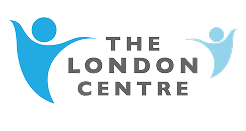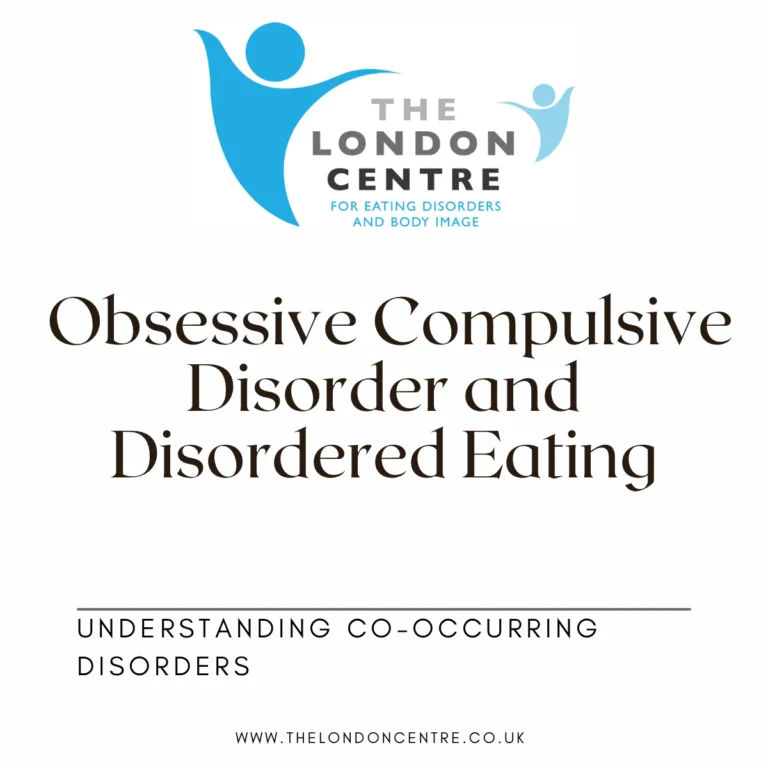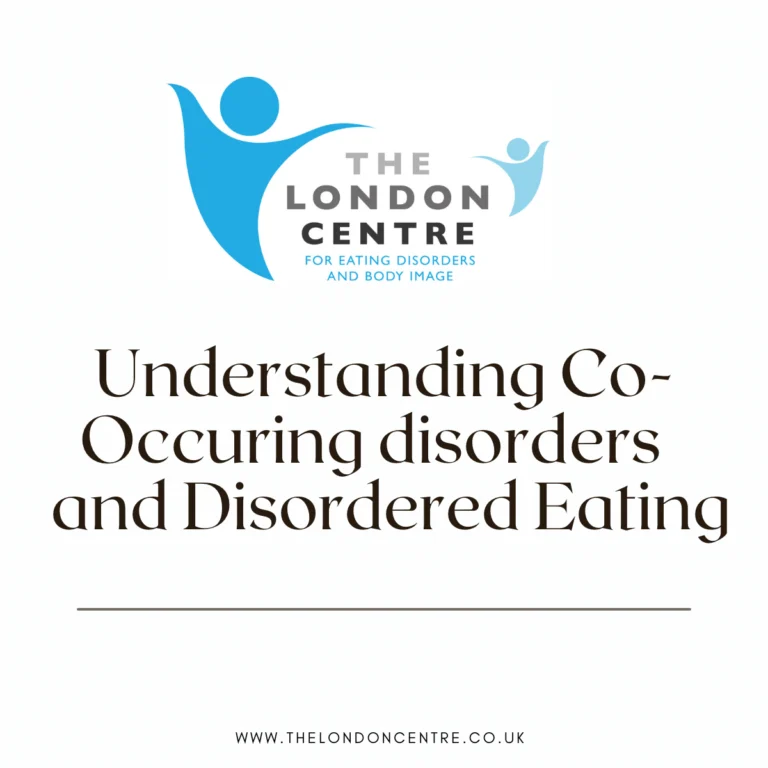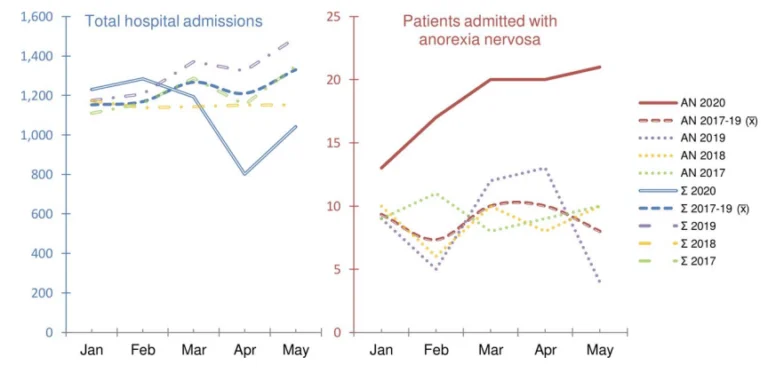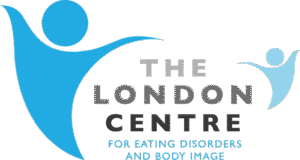How to seek the right treatment when you have an eating disorder
One thing we feel extremely passionate about at The London Centre for Eating Disorders, is the importance of people accessing the right treatment for them. Though there are very clear treatment guidelines in the UK that tell us which treatments may be most likely to work for eating disorders, we also know that no one approach will work for everybody. There are many subtle factors that are likely to contribute to a successful treatment outcome – the right therapist, the right time, the right approach or ‘language’, the right therapy ‘speed’, and many more. Quite often people come to us having had lots of previous treatment with therapists, counsellors, or nutritionists without success. This can leave people feeling that nothing will help, or blaming themselves for not ‘succeeding’. However, a really common reason why treatment has not been successful is because the therapist wasn’t experienced at treating eating disorders. They may have been extremely experienced, skilled and passionate clinicians, but without a deep knowledge and experience of working with eating disorders they haven’t been able to help the client effect change. Occasionally, in worst case scenarios, naïve or misplaced comments due to lack of understanding can even have been unhelpful.
So how important is it to see an eating disorder specialist for treatment? Our view would be; very!
In physical health, we wouldn’t hesitate over this. Although we might go to the GP to start with, people typically see a specialist in order to help them overcome a specific health issue. It is taken for granted that a specialist doctor will know more about that presentation, will know what to ask, what to look for and most importantly what to do. This happens much less in mental health. But what are the differences you might experience in seeing a specialist eating disorder clinician?
Eating disorders are a completely unique field of mental health. Effective treatment requires things that treatment for other mental health difficulties doesn’t. Firstly, eating disorder therapists have a huge wealth of knowledge and psychoeducation that they can share with their clients about food, weight, physiology, eating disorder cognitions, physical health, and motivation. This knowledge is a key first step in overcoming an eating disorder. Many times in therapy, some small fact has been the turning point in helping someone recognise that they have an eating disorder, or find the motivation to change. It just isn’t possible to have all of this information at your fingertips when your time is split working across different specialities.
Secondly, eating disorders can be incredibly hard to understand. Most people tell us that their family don’t understand, their friends don’t ‘get it’, or the GP they saw didn’t know what to do. That’s because EDs really are quite hard to understand unless you’ve lived with one, or you’ve spent years talking to people who’ve lived with one. Seeing a specialist ED clinician can often be the first-time people really feel completely understood. Our clients come to us to learn things from us, but we learn as much from our clients; they teach us how to be experts in our field, they teach us what helps and what doesn’t, and they teach us how to really understand eating disorders. As much as our qualifications can provide us with knowledge and skills, our clients teach us far more – they teach us experience.
Thirdly, whilst it’s arguable that all mental health difficulties should be treated holistically, it is crucial that eating disorders are. Treatment must address the psychological issues underpinning the eating disorder, but also behaviours (eating, exercise, compensatory, and body checking or avoidance behaviours) and physiology. Not only that, but eating disorders take a toll on the body. Regardless of weight, people with eating disorders can face all sorts of potentially serious physical health risks. Most of these risks can be safely managed by an eating disorder clinician who knows what to look for and who can work closely with a GP or psychiatrist if necessary.
So if you have an eating disorder, and you’re thinking about getting help, our biggest piece of advice to you would be this – see someone who understands it, someone who has not only the knowledge and the skills, but also the experience. You can find specialists in the NHS, on the BEAT website, or by attending specialist eating disorder clinics.
Our top tips to finding the right therapist for you
- It is always ok to ask a clinician about their training and their experience of working with eating disorders – just like you would want to know how much experience your surgeon has of doing an operation.
- As assessment is a chance for the clinician to find out about you, but also for you to find out about your clinician and to see if they feel like a good fit for you
- A skilled eating disorder clinician will know what therapy the evidence base would recommend, but will also be able to listen to your needs and your experiences and to consider what would best suit you
- Ask the clinician about their links to other eating disorder services or other medical practitioners – a good eating disorder clinician will be able to take a holistic view to your treatment
- Voice any ambivalence you have about therapy or change. Eating disorder clinicians will understand that motivation can wax and wane and that ambivalence is normal. They will be able to work with you on this.
The road to change can be long and it can be difficult. But recovery is possible, and a specialist clinician can make that journey a lot easier.
If you wish to book an appointment, please click here.
